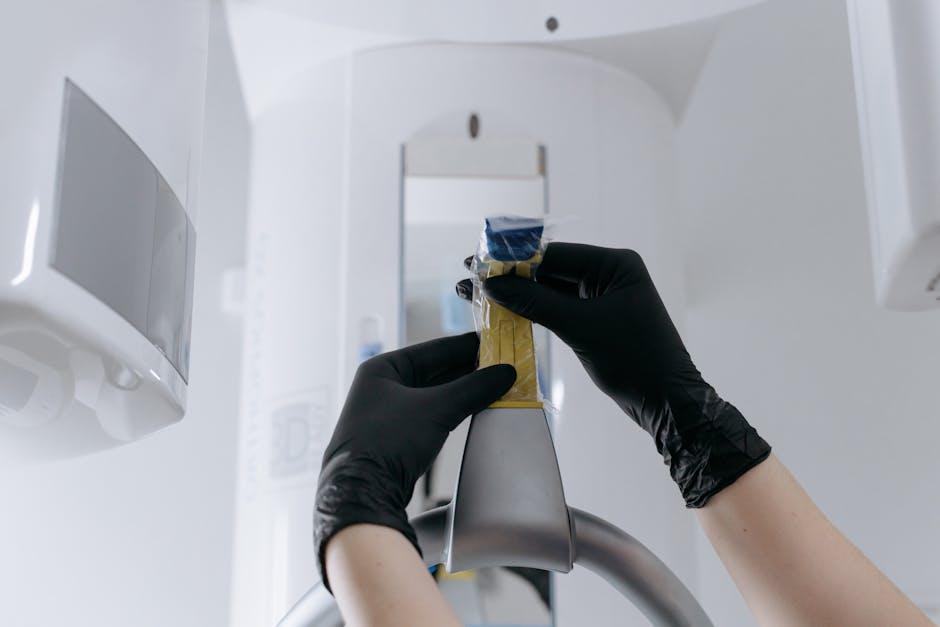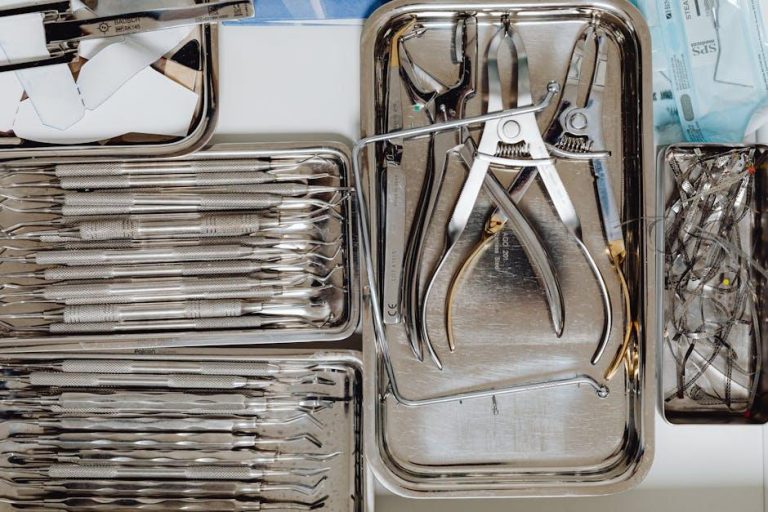
Dental Sterilization Technicians: “Basic” Role or Crucial Team Member?
In the fast-evolving world of dentistry, roles within a dental office have grown increasingly specialized — and crucial. Among these essential positions is the dental sterilization technician. Often mistaken as a “basic” or behind-the-scenes role, this job is, in reality, a cornerstone in ensuring patient safety, regulatory compliance, and overall clinical efficiency. This article explores why dental sterilization technicians are far more than just support staff; they are indispensable members of the dental care team.
Understanding the Role of Dental Sterilization Technicians
Dental sterilization technicians are responsible for the proper cleaning, disinfection, and sterilization of all dental instruments and equipment. Their precise work helps prevent cross-contamination and infections within dental offices, meeting strict standards set by agencies like the CDC, OSHA, and the ADA.
Key Responsibilities Include:
- Cleaning and disinfecting dental instruments after use
- Operating sterilization equipment such as autoclaves
- Handling and tracking sterilized supplies and equipment inventory
- Maintaining detailed sterilization logs and compliance documentation
- Assisting in infection control protocols adherence
- Educating and training dental staff on sterilization updates
Is It Truly a “Basic” Role?
Contrary to some outdated beliefs, the dental sterilization technician’s role is highly skilled and technical. The job demands an intimate knowledge of sterilization best practices, infection control protocols, and safety regulations. Mistakes or lapses in sterilization can lead to severe health risks, including the spread of infectious diseases such as hepatitis, HIV, and bacterial infections.
Therefore, labeling this position as “basic” undermines the critical nature of the work done. It’s comparable to a hospital sterile processing technician — a position that absolutely safeguards patient health.
Benefits of a Dedicated Dental Sterilization Technician
Having a dedicated dental sterilization technician on the team provides multiple benefits, including:
- Improved Patient Safety: Ensures tools are sterile and ready for every procedure.
- Regulatory Compliance: Helps the practice meet safety standards, avoiding legal repercussions.
- Enhanced Practice Efficiency: Frees dentists and hygienists to focus on clinical tasks rather than instrument cleaning.
- Reduced Cross-Contamination Risk: Decreases chances of infection outbreaks within the office.
- Staff Education: Keeps the entire team updated on sterilization protocols and innovations.
Dental Sterilization Technician vs. Multi-Tasking Staff
| Aspect | Dedicated Technician | Multi-Tasking Staff |
|---|---|---|
| Focus on Sterilization | High — primary responsibility | Low — divided attention |
| Regulatory Knowledge | Extensive and updated | Basic and inconsistent |
| Patient Safety Impact | Direct and critical | Indirect and less controlled |
| Practice Efficiency | Significant improvement | Minimal improvement |
Practical Tips for Maximizing the Role of Sterilization Technicians
To get the best from your dental sterilization technician, consider these practical tips:
- Continual Training: Invest in ongoing education and certification programs like CDA in Sterilization Assurance.
- Clear Protocols: Establish detailed sterilization checklists and workflows to eliminate errors.
- Proper Equipment: Provide state-of-the-art sterilization equipment and regular maintenance.
- Cross-Training: Encourage technicians to learn about infection control and safety standards comprehensively.
- Recognition: Acknowledge their vital role openly to boost morale and engagement.
Case Study: How a Dental Practice Transformed with a Dedicated Sterilization Technician
One mid-sized dental clinic in Texas implemented a dedicated dental sterilization technician role in 2021. Prior to this, the office struggled with scheduling inefficiencies and occasional instrument shortages, causing patient delays and frustrated staff.
After hiring a specialized technician, the clinic noted the following improvements within six months:
- 30% reduction in patient appointment delays
- 100% compliance in sterilization audits
- Improved staff satisfaction and workflow
- Zero infection reports or procedural contamination
This success story highlights that dental sterilization technicians are, in fact, essential to the smooth operation of a modern dental office.
Firsthand Experience: Voices from Dental Sterilization Technicians
Jane M., a dental sterilization technician with 5 years of experience, shared:
“People often think I just wash instruments, but my role is much more. I play a vital part in protecting patients and the whole dental team. Every step I take in sterilization is a step towards safer, higher-quality care.”
Another technician, Robert L., noted:
“Being part of the dental team means taking ownership of infection control. It’s rewarding to know that what I do prevents infections and keeps the practice compliant and efficient.”
Conclusion: More Than Just “Basic” — A Crucial Pillar of Dental Care
In summary, dental sterilization technicians are far more than “basic” staff members; they are pivotal to the integrity and success of dental practices. Their role supports infection control, patient safety, and regulatory compliance, while also improving clinical efficiency. Recognizing and investing in these professionals not only benefits the dental team but most importantly, protects the patients.
For dental offices aiming for excellence, embracing dental sterilization technicians as crucial team members is no longer optional — it’s essential.


